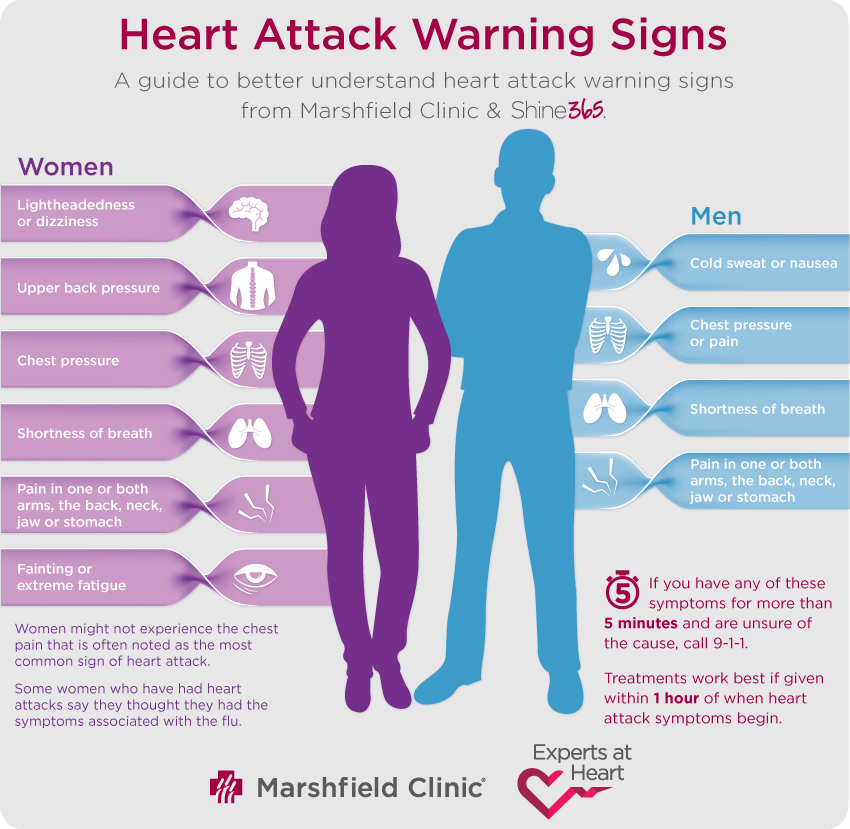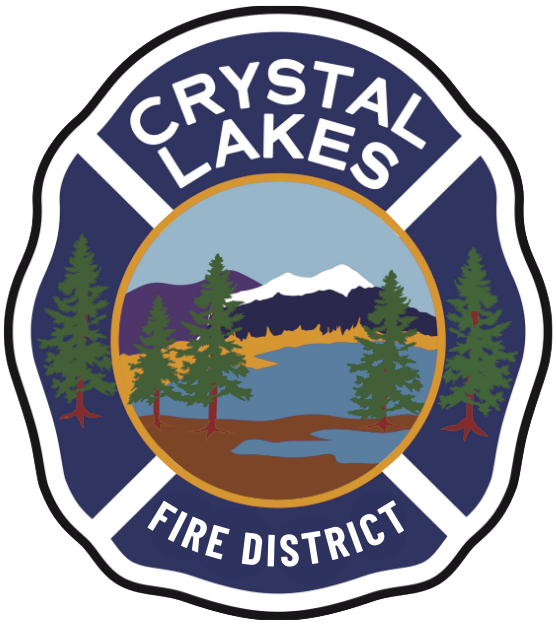Heart Attack Awareness
In the U.S., heart disease is the leading cause of death for people of both genders and most racial and ethnic groups and the primary cause of 1 in every 5 deaths. Someone in America has a heart attack every 40 seconds, and someone dies of cardiovascular disease every 33 seconds (this statistic includes death by heart attack, but that’s not the only way cardiovascular disease can kill). In the time it takes you to read this email, 7 people will have had a heart attack and 9 will have died of cardiovascular disease.
Anyone who has had COVID, especially if they've had it more than once, is at an increased risk of certain kinds of heart conditions, including in younger people and those without the usual risk factors. Having been vaccinated can limit that risk if you have a break-through infection, but if you've had COVID, don't delay in talking to your doctor about symptoms like heart palpitations, swelling in your legs or feet, mild to moderate shortness of breath, or mild chest pain (if those last two are severe or sudden, don't wait to see your doctor—call 911).
Coronary heart disease (also known as coronary artery disease) is a chronic condition that can develop over years as plaque builds up on the artery walls. If that plaque breaks off, forming a blood clot, it can block an artery, causing a heart attack. Risk factors for coronary artery disease include high blood pressure, high cholesterol, smoking, diabetes, and obesity. Approximately half of Americans have at least one risk factor for heart disease. Coronary artery disease can cause the following symptoms: fatigue, dull chest pain, pain or numbness in the neck, abdomen, or back, and shortness of breath. However, it can also develop with few to no symptoms (especially in women), so regular checkups are vital, especially if you have any of the risk factors. Approximately 1 in 13 men have coronary heart disease, as do 1 in 16 women, but women are less likely to be diagnosed or treated for it, making heart disease the number one killer of women in the U.S. More information from the CDC about heart disease risk factors is available here: Heart Disease Risk Factors.
When it comes to heart attacks, we all know about the crushing chest pain—that oh so dramatic signifier in tv shows and movies—but only a quarter of Americans know the less obvious, but no less common symptoms. One in five heart attacks is “silent” (presenting without severe pain), but the damage they do is no less severe and, as with strokes, the longer you wait to seek medical attention, the worse the damage may be. In addition, the symptoms women experience are frequently not the same as those in men. It’s therefore vital that everyone know more about how to recognize the true symptoms of a heart attack.
Here are the most common symptoms of heart attacks (these overlap with the coronary heart disease symptoms—the primary difference is that they’re likely come on suddenly and be more severe):
• Uncomfortable chest pain or pressure that lasts more than a few minutes or goes away and comes back
• Pain or discomfort in one or both arms, the back, neck, jaw, or upper stomach
• Shortness of breath (with or without chest discomfort)
• Breaking out in a cold sweat
• Nausea
The above symptoms may be felt by people of either gender and are the ones most commonly experienced by men. Women may feel one or more of the above symptoms, but they often don’t experience the severe pain that we’re all taught to look for. Women may experience any of the above symptoms and/or:
• Lightheadedness
• A feeling of pressure in the upper back or between the shoulder blades
• Fainting or extreme fatigue
• A feeling of impending doom (not joking about this one—it’s a fairly common symptom in women and may be felt with no other obvious signs)

As a result of the difference in symptoms, women often think they’re just tired or coming down with something. This can prevent them from getting the medical help they need quickly enough to prevent serious damage or death. In addition, due to the fact that heart attacks don’t “look” the same in women, they’re sometimes not properly diagnosed by hospital staff (so don’t hesitate to push for further tests if you’re experiencing the above symptoms). As a result, while men have more heart attacks, women are more likely to die from them (with a mortality rate twice that of men).
What should you do if you think you or someone you’re with is having a heart attack? Call 911 immediately — time is of the essence! If you have any aspirin available, chew up a 325 mg pill (if all you have is low dose or baby aspirin, take enough to get close to that amount). Don't just swallow it—aspirin is often coated to prevent it from irritating your stomach and that coating slows down absorption at a time when it’s vital that there’s no delay in getting it into your system. Aspirin slows blood clotting and may help minimize the damage. Don’t forget to tell the EMTs that you’ve taken aspirin when they arrive.
DO NOT WAIT TO CALL 911. People often try to wait out the pain, think it’s going to get better if they take a nap, or otherwise convince themselves that nothing too serious is happening. This isn’t a time to delay—you need to get to a hospital and fast. The very best way to do this is by getting emergency services rolling—we can get you down the mountain much faster than you can and can get started treating you on the way. Never try driving yourself to the hospital when you’re experiencing a medical emergency and don’t have a friend or family member do it. The former could result in you getting into an accident if/when your condition worsens, and the latter can be just as bad—your friend or family member will unavoidably be paying more attention to what’s going on with you than the road, no matter how much they think they can focus on driving. Plus, as we all know, there’s an extensive area on the road down to Ft. Collins where there’s no cellphone coverage—what will you do if your passenger suddenly gets much worse in a place where you can’t call for help? Call us—we can get you on a helicopter that'll get you to a hospital in a fraction of the time it takes to drive. And if for some reason a helicopter isn't an option (the weather's bad enough they can't fly or whatever the case might be), then we can get you to an ambulance with medics capable of starting to treat you immediately. Time to treatment is vital—never risk delaying it.
Don’t delay if you’re experiencing any potential symptoms of a heart attack. Call for help immediately.
Copyright: Crystal Lakes Volunteer Fire Department, 2025
